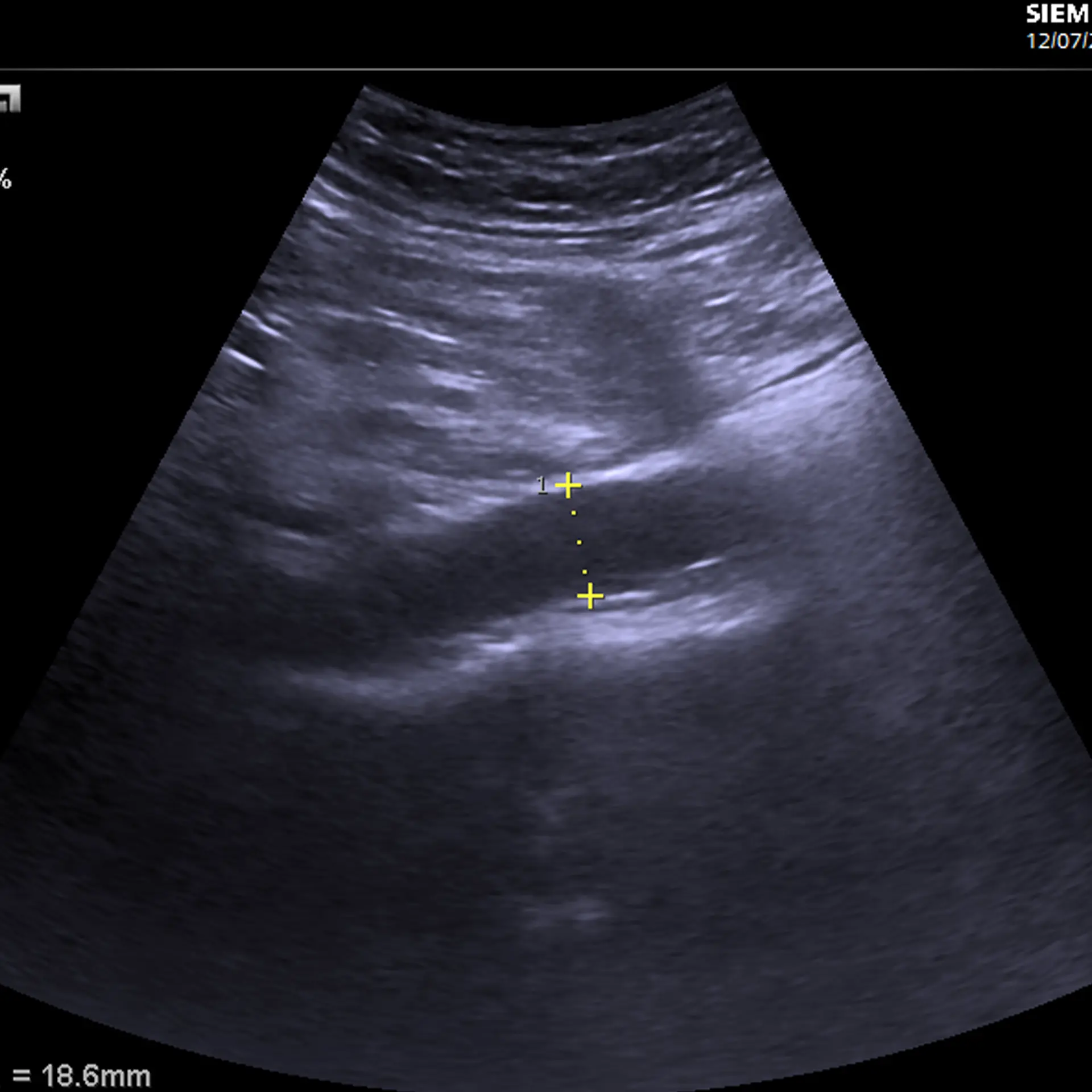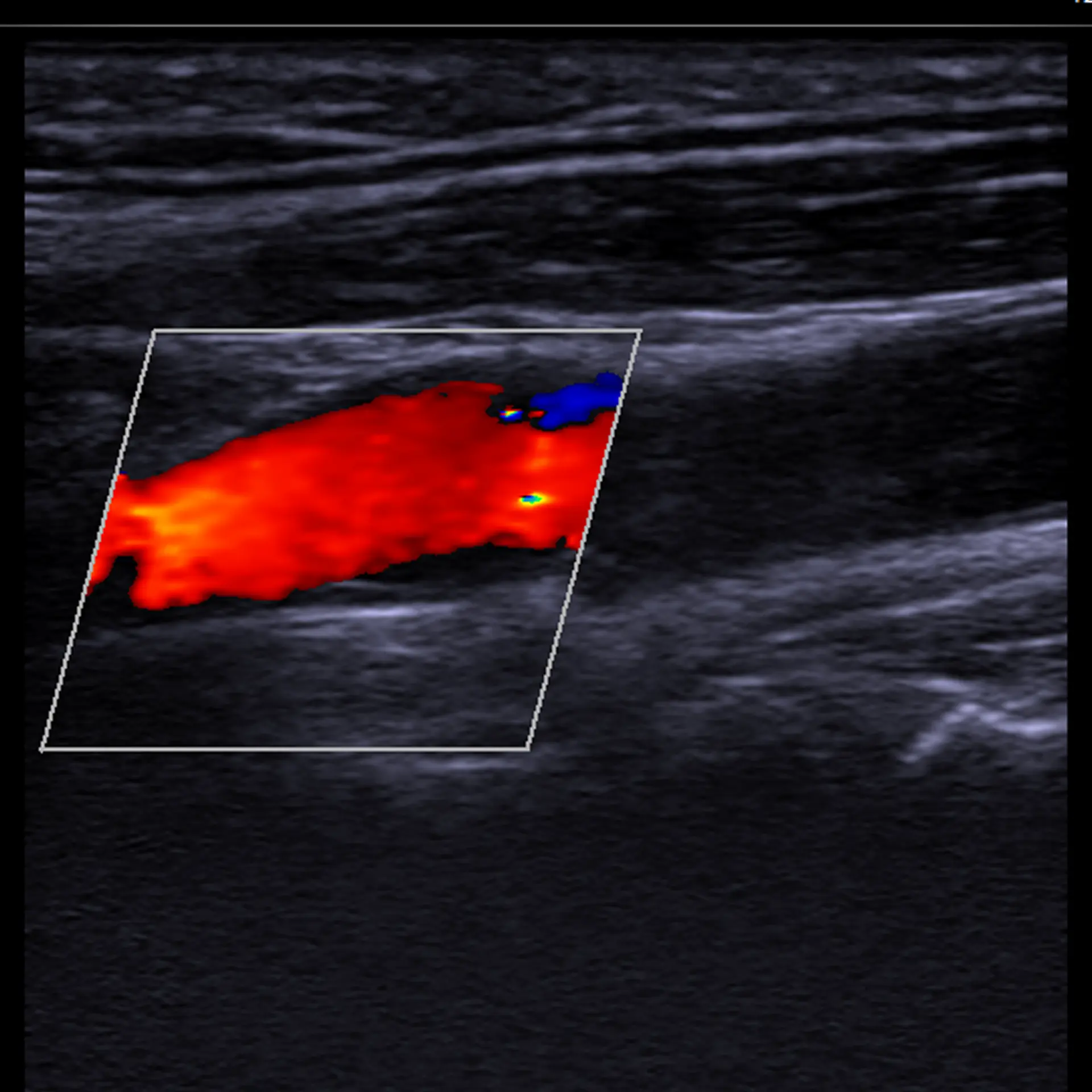What is Vascular ultrasound?
Ultrasound is a painless and harmless way to obtain pictures of structures in the body, such as arteries and veins. It uses high frequency sound waves to generate a live picture of these structures on a screen. A qualified ultrasound practitioner is able to determine if there is any damage to the structures that may account for pain or discomfort you are feeling.
Why is this useful?
Vascular conditions affect the major arteries and veins of the body. Some of these conditions require monitoring through scans, medication to prevent progression, or operations to deal with. We can provide a comprehensive report on the arteries and veins of the body, outside of the heart (cardiology is a speciality of its own). This can help diagnose vascular causes for medical conditions such as:
• Stroke (TIA)
• Abdominal Aortic Aneurysms (AAA)
• Intermittent Claudication
• Deep Vein Thrombosis (DVT)
• Varicose Veins (Includes DVT check)
What happens during an ultrasound scan?
You will be asked to either lie down or sit up depending on the area of injury. A water-based gel is used to provide contact between the skin and the ultrasound probe. The qualified ultrasound practitioner (person qualified in the use and interpretation of ultrasound imaging) will move this camera across the skin around the area being assessed. Sometimes you will be asked to move the affected area. This allows the ultrasound pracitioner to be able to assess function of and get the best pictures possible of the whole area being scanned.
Limitations of an ultrasound scan
Despite being able to provide excellent images of structures close to the skin, sometimes ultrasound cannot provide enough detail for deeper structures in the same way as an MRI. Ultrasound cannot see past certain structures in the body like bones. As such sometimes patients may still be advised to have further imaging, such as MRI or X-ray, even after having an ultrasound.
How do I know if I should get an ultrasound scan?
The best way to know this is to have an assessment with a qualified medical practitioner such as a doctor or a physiotherapist. They understand the complex nature of your condition and will advise if a diagnostic ultrasound scan can provide more information about your condition that will be useful.
If you are ever in any doubt, please give the clinic a call to speak to our experienced members of staff.
Prices are as follows:
AAA = £100
DVT = £100
Lower limb veins (varicose veins) -
includes DVT check = £150 // £225 (bilateral)
Carotid = £100
Peripheral waveforms = £75
Arterial health package
Carotid, AAA, Peripheral waveforms = £200


Are you looking to book an Ultrasound or for more information:
Contact Seamus on 0141 616 6161 or ultrasound@hampdensportsclinic.com

